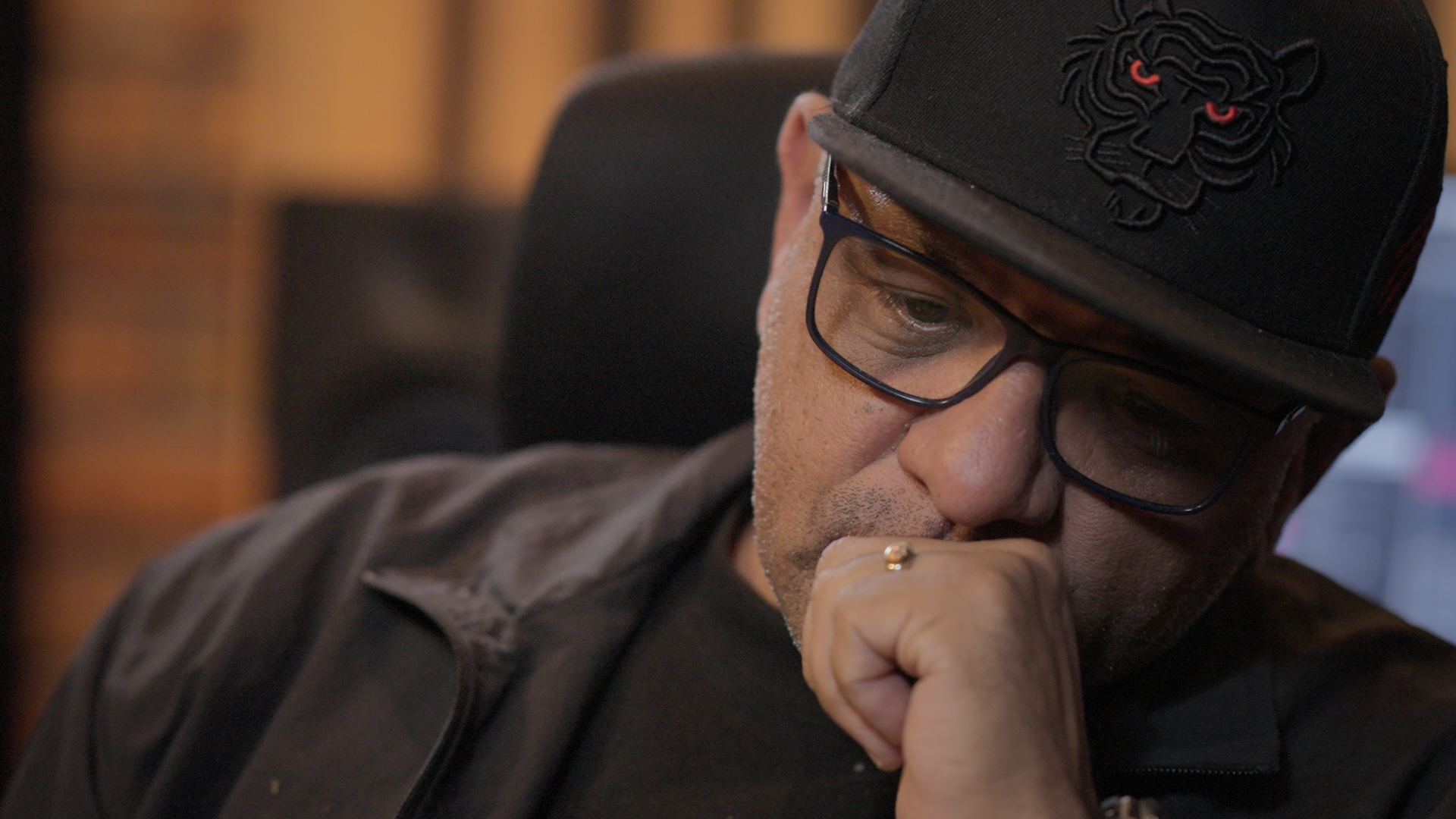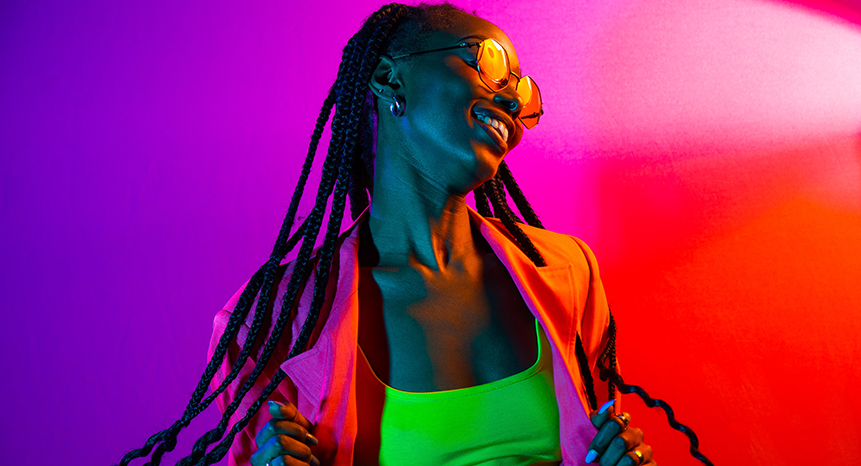Brasse Vannie Kaap is a nostalgic music documentary about the iconic, game-changing 90s group who helped make hip hop South African.
Caryn Welby-Solomon caught up with writer, director and producer Lauren Scholtz of Dala Films to find out more about the doccie, which premiered to a standing ovation at Silwerskerm at the end of August 2024.
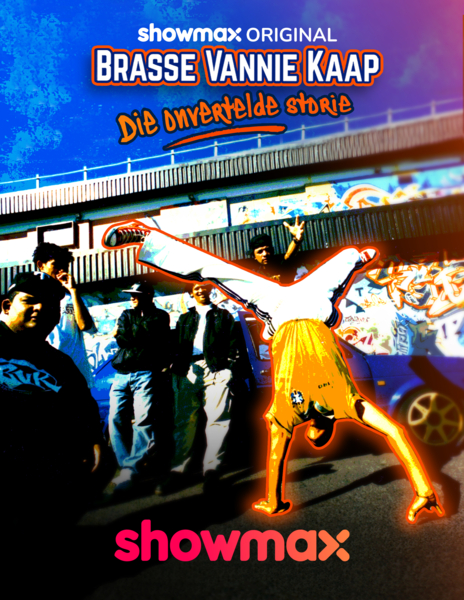
Why a documentary about Brasse Vannie Kaap?
DJ Azuhl [real name Ricardo Nunes] is married to my older sister, Nadine. They’re close friends with Ready D [real name Deon Daniels] and his wife and manager, Malikah. So I had this familial connection to the group.
Through talking with D and Malikah, I came up with an idea of a docu-series about D’s life because he’s been around for so long and he has so many aspects to his story, from music to drifting. I created a pitch deck for the series but it turned out to be quite an expensive concept and I found it difficult to find financing.
While this was going on, I kept seeing Azuhl posting old videos from Brasse Vannie Kaap or Mr Fat on social media. The reactions and comments from fans of the group made me realise that I should rather do a smaller scale documentary about Brasse Vannie Kaap as my first project.
Within a week of talking to the guys, they were on board. I later found out that Malikah had to convince D quite a bit, but I’m so grateful she did! Then I saw a callout on Silwerskerm’s website and pitched it to them. They loved the concept and then Showmax commissioned it.
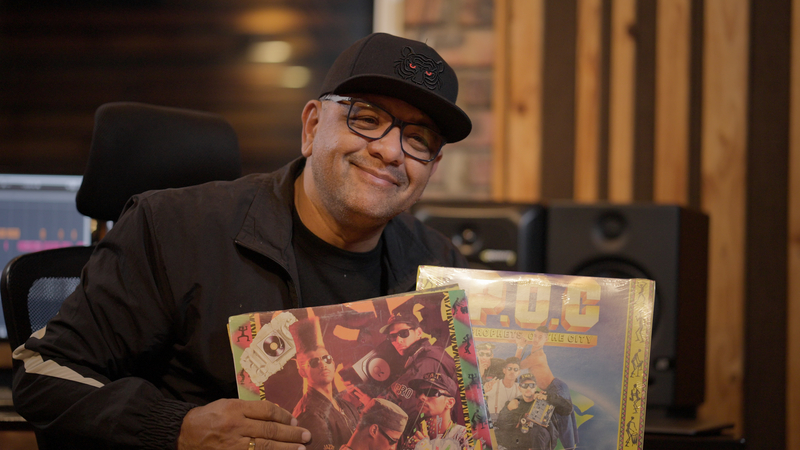
What was the most difficult part of making the doc?
Definitely having the time limit of having to make it in under a year, but also trying to track down the former members of the group. The group was so big and it had so many elements – from breakdancers to DJs – and so many people that came and went over the years. People had also moved on and lived in different parts of the country.
I actually over-interviewed for the documentary. I felt that I needed to cast the net wide because I wanted to cover all my bases. But the Catch-22 of that was that I had to be harsh and ruthless with who to leave out. I wish I could have included everyone but it made for a documentary that was more compelling to watch.
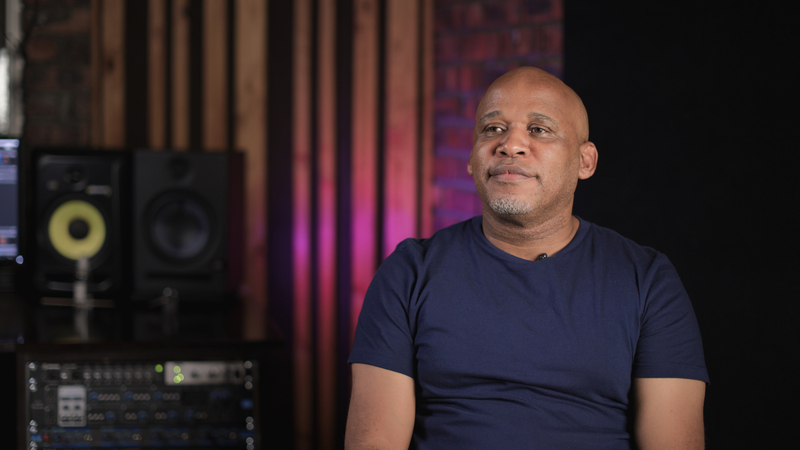
What was the most rewarding part of making the documentary?
It was seeing how the process of making this film was such a healing thing for all of the guys. When I interviewed them and asked them about Mr Fat [original group member, real name Ashley Titus, who passed away in 2007], everybody cried. I realised that, especially for the group members, nobody had ever spoken about it.
Through me asking the question in the interview, it was the first time that any of them had spoken about Ashley’s untimely passing and processed it. It was cathartic for them. And for me, it was very rewarding. Knowing that I was able to help and facilitate that process for the guys was really heartwarming and special.
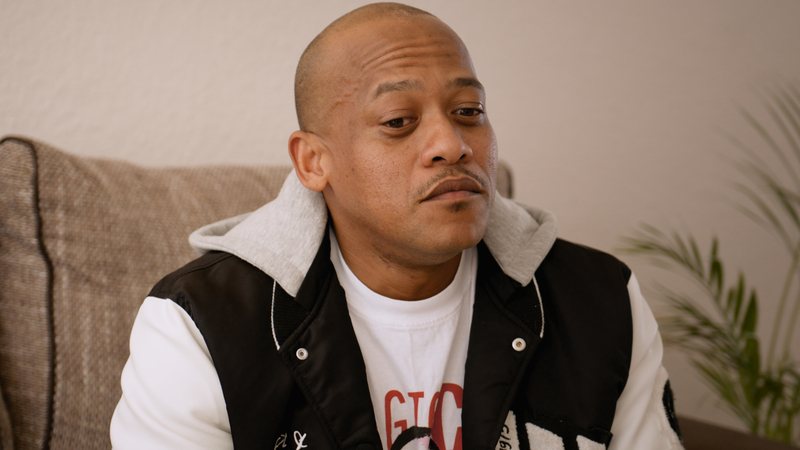
How do you think Brasse Vannie Kaap was representative of that time in SA culture?
As members spoke about in the documentary, it was such an interesting time because of that transitionary period. It was like, ‘Where do we fit in now?’ and ‘Where do our music and our people fit in?’
They carved out this space for us, for our people, and then went and represented all over the world.
I think for me, that was what was so special about that era. It was hopeful and exciting, and it felt like anything was possible.
Brasse Vannie Kaap rapping in Afrikaaps was also groundbreaking.
They were just owning it and unashamedly doing it. A lot of people at that time were changing their accents and the way that they speak in order to be taken more seriously, but Brasse Vannie Kaap were not going to change themselves because cameras were on them and they were on stage. They didn’t amend their personalities based on how others thought they needed to behave in public or around white people. And Brasse Vannie Kaap proved that, just because you speak the way that you do, it doesn’t mean that you’re less talented or clever or have anything less important to say.
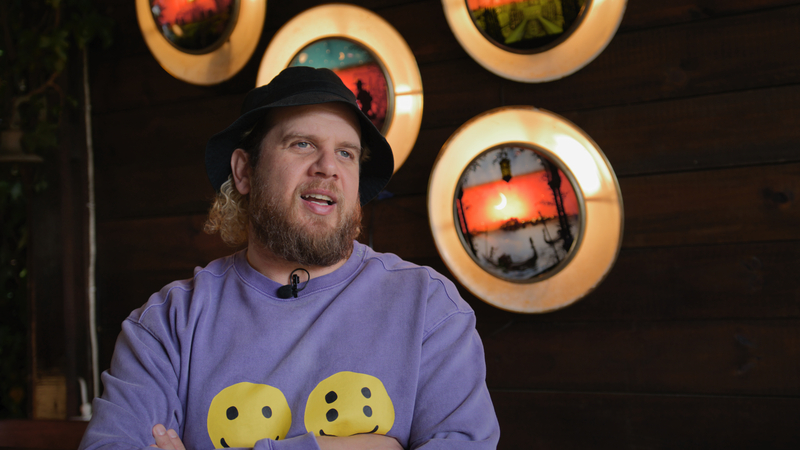
What do you hope people get from this documentary?
I hope that people will realise how big and important Brasse Vannie Kaap were for South Africa. I just want people to know their story.
What is your personal favourite Brasse Vannie Kaap song?
This is a really difficult question. I always say that ‘Potjiekos’ and ‘Gatsby Dite’ are difficult to get out of your head. But I’ve always been more into rock music, so I love the collaboration they did with alternative rock band Nine for the song ‘Cape Flats.’ Actually, Nine would be an interesting story to tackle next, as they were the first coloured rock band in South Africa.
Now streaming on Showmax to rave reviews, watch it here.
Watch the trailer:



